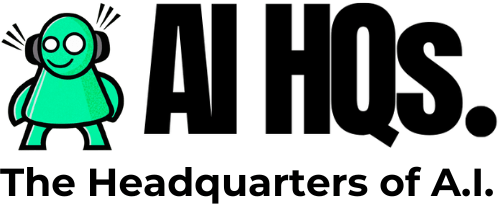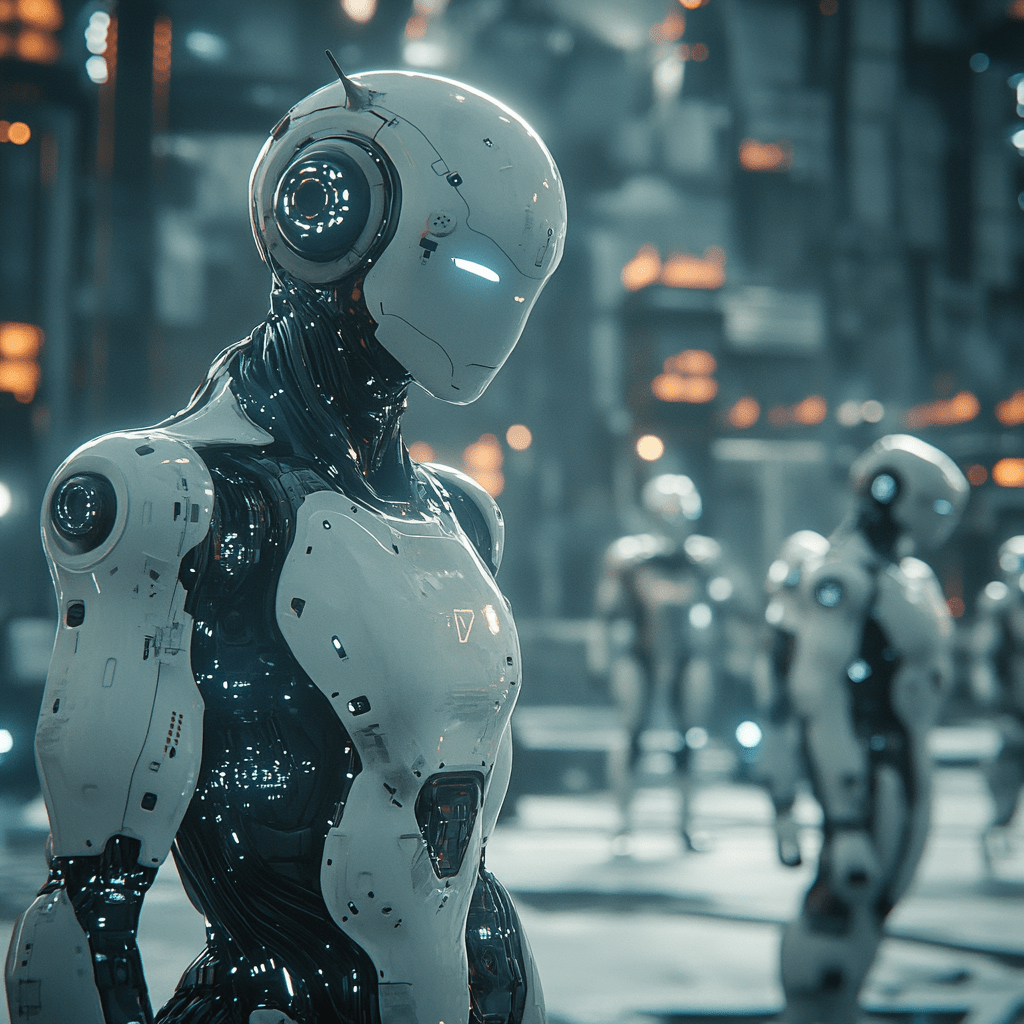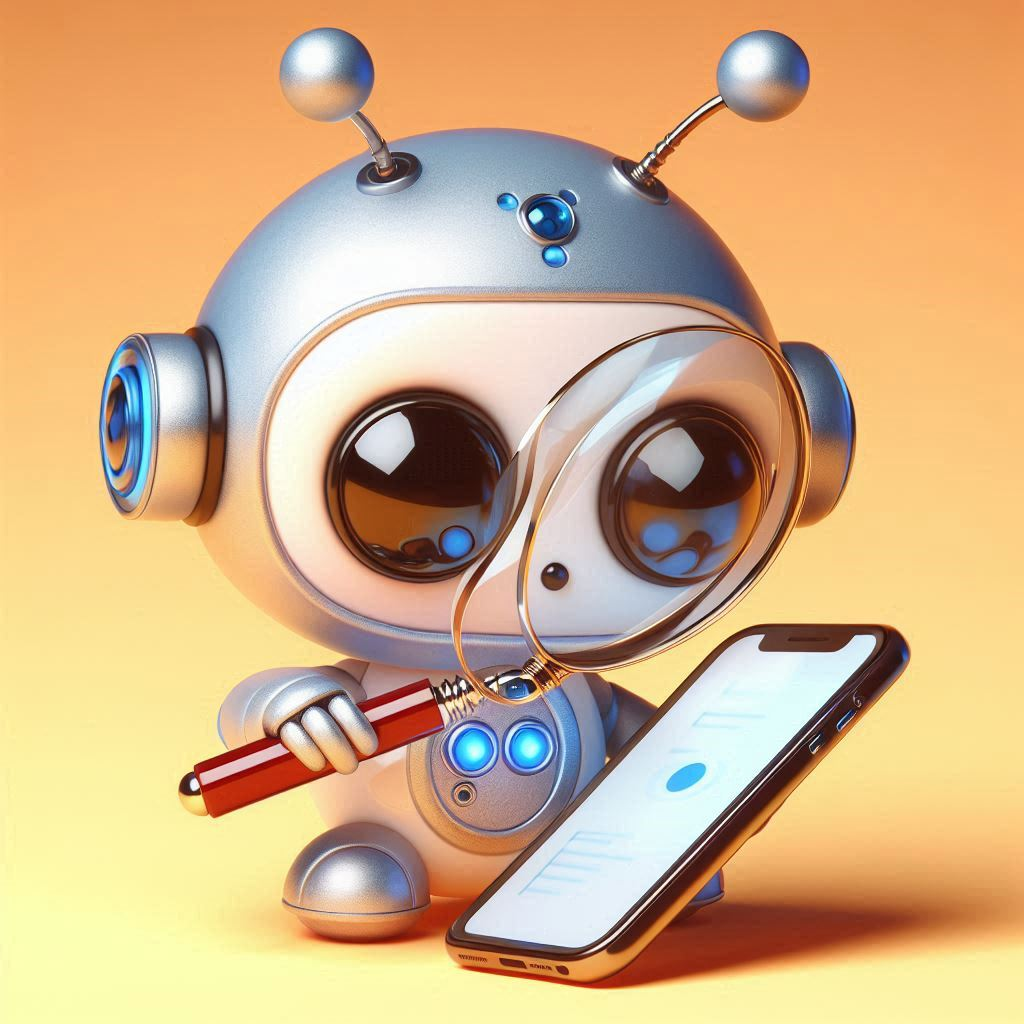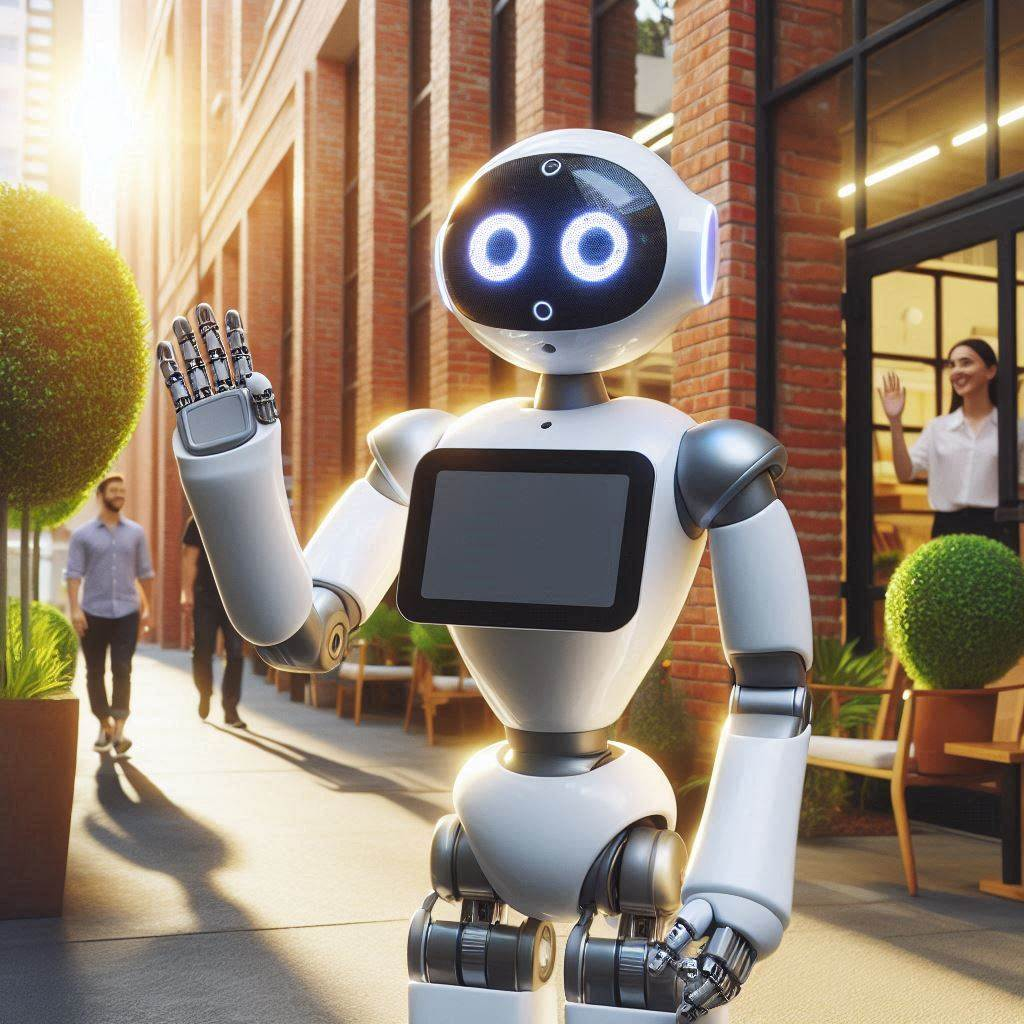Google AI Restructures Advertising Workforce
In the dynamic landscape of technology, Google is undergoing a profound transformation by embracing artificial intelligence (AI) as a core component of its operations. The seismic impact of ChatGPT, OpenAI’s revolutionary chatbot, has triggered a “code red” at Google, prompting the company to reevaluate its strategies and fortify its position in the fiercely competitive tech realm.

Recent reports from The Information suggest that Google is not merely grappling with the rise of ChatGPT but is also witnessing AI-induced changes within its own ranks. The company is reportedly considering consolidating its workforce, possibly through layoffs, as AI tools automate tasks, rendering some roles redundant. Google’s foray into the AI-powered advertising realm is exemplified by the introduction of tools like Performance Max, a dynamic ad creation platform leveraging generative AI.
In the wake of Google I/O, an annual developer conference, the company’s commitment to AI is palpable. The event showcased an array of AI-powered innovations, signalling a renewed focus on incorporating AI into various facets of Google’s ecosystem. From generative AI-driven ad creation to redefining search experiences, the integration of artificial intelligence is shaping the future trajectory of Google’s endeavours.
The ascendancy of ChatGPT, built upon Google’s own technology, has prompted the search giant to take drastic measures. Google co-founders Larry Page and Sergey Brin, who had previously stepped back from their daily roles, were reportedly brought back into action to address the ChatGPT threat. This underscores the significance Google attaches to maintaining its dominance in the tech space.
In a bid to counteract ChatGPT’s influence, Google has mandated that all employees contribute to integrating AI features into every Google product—a strategy reminiscent of its failed attempt to counter Facebook’s rise with social features. The urgency to combat OpenAI’s creation has led to a flurry of AI-centric initiatives, as seen in Google’s AI-centric I/O keynote that emphasised various AI projects while surprisingly sidelining Google Assistant.
Curiously, Google I/O showcased a significant omission—Google Assistant received zero mentions throughout the event. This conspicuous absence raises questions about the deprioritisation of what was once Google’s flagship AI product. The evolution of Google Assistant seems to have taken a back seat, with recent product launches like the Pixel Tablet lacking a dedicated smart display interface.
Despite its historical emphasis on AI, Google is grappling with the concept of responsible AI use, a term iterated 19 times in its I/O keynote transcript. The company’s commitment to responsible AI faces scepticism, especially considering the controversial departure of AI ethics co-heads and claims that the AI ethics team was sidelined during the rushed launch of Bard, Google’s response to ChatGPT.
As part of Google’s broader AI strategy, a significant restructuring is underway within its ad sales unit, affecting a substantial portion of its 30,000-person workforce. The reorganisation aims to streamline operations, potentially involving layoffs, as Google increasingly relies on machine-learning techniques for ad sales. The integration of AI tools in ad creation, exemplified by Performance Max, has already impacted roles, making certain positions redundant and signalling a shift toward more automated and cost-effective advertising solutions.
Google Marketing Live, an annual event, has been witness to the transformative role AI plays in the advertising landscape. Over the years, AI has quietly played a foundational role in various Google Ads products, from Smart Bidding to the fully AI-powered Performance Max. The latest advancements in generative AI are set to bring AI to the forefront, revolutionising campaign creation and simplifying search ads.
The introduction of a conversational experience within Google Ads, powered by natural language processing, promises to make campaign creation more intuitive. Advertisers can now leverage AI to analyse landing pages, generate keywords, headlines, descriptions, images, and other assets, streamlining the campaign creation process. Moreover, generative AI enhancements in Performance Max aim to facilitate custom asset creation, boosting creativity and scalability for advertisers.
As Google delves deeper into AI integration, it recognises the need for a privacy-first approach. With third-party cookies being phased out, Google is actively testing privacy-preserving signals from the Privacy Sandbox to ensure relevant customer reach and measurable results. The commitment to AI safety, guided by Google’s AI Principles, underscores the company’s dedication to creating impactful, responsible, and transparent AI-powered solutions.
In conclusion, Google’s journey into the realm of AI is marked by both challenges and opportunities. The rise of ChatGPT and the subsequent “code red” underscore the fierce competition in the AI landscape. Google’s response, characterised by internal restructuring, AI-driven advertising, and a commitment to responsible AI use, reflects its determination to stay at the forefront of technological innovation.
The implications of Google’s AI endeavours extend beyond the immediate challenges posed by ChatGPT and internal restructuring. As the company navigates the AI revolution, the potential for groundbreaking innovations and industry-disrupting solutions becomes more evident. The strategic recalibration of objectives, as mentioned by Google CEO Sundar Pichai, indicates a dynamic approach to harnessing the full potential of AI.
The transformative impact of AI on Google’s advertising capabilities signifies a shift towards a more efficient, automated, and scalable future. The integration of generative AI not only streamlines campaign creation but also augments creativity, allowing advertisers to stand out in a crowded digital landscape. As Google evolves its search experiences and advertising formats with AI, the possibilities for businesses to connect with their audience in more meaningful ways multiply.
Google’s commitment to AI excellence is evident in its continuous efforts to innovate, adapt, and overcome challenges. The recalibration of objectives post-I/O reflects a commitment to aligning AI goals with tangible benefits rather than pursuing AI for its own sake. This adaptability and willingness to reassess strategies position Google as a formidable force in the ongoing AI revolution.
As the competition in the AI landscape intensifies, Google’s role as a pioneer in AI technology remains pivotal. The company’s dedication to privacy-first AI solutions and transparent practices ensures that user trust remains a cornerstone of its endeavours. While challenges persist, Google’s approach to responsible AI use and its proactive testing of privacy-preserving signals showcase a commitment to long-term sustainability in the evolving digital landscape.
In essence, Google’s journey into the realm of AI is not merely a response to immediate challenges but a strategic positioning for a future where artificial intelligence becomes synonymous with excellence, innovation, and responsible technological leadership. The unfolding chapters of Google’s AI saga are sure to shape the trajectory of the tech giant and influence the broader landscape of AI-driven innovation for years to come.
for all my daily news and tips on AI, Emerging technologies at the intersection of humans, just sign up for my FREE newsletter at www.robotpigeon.beehiiv.com






